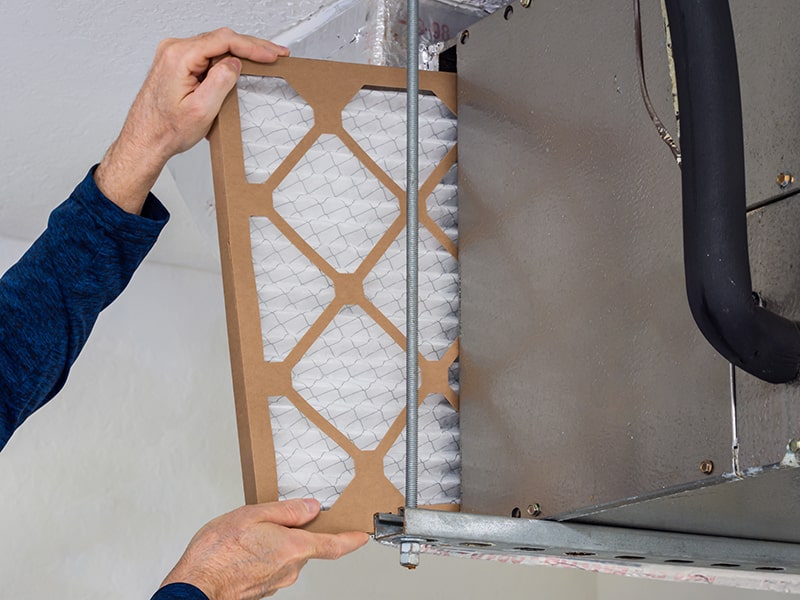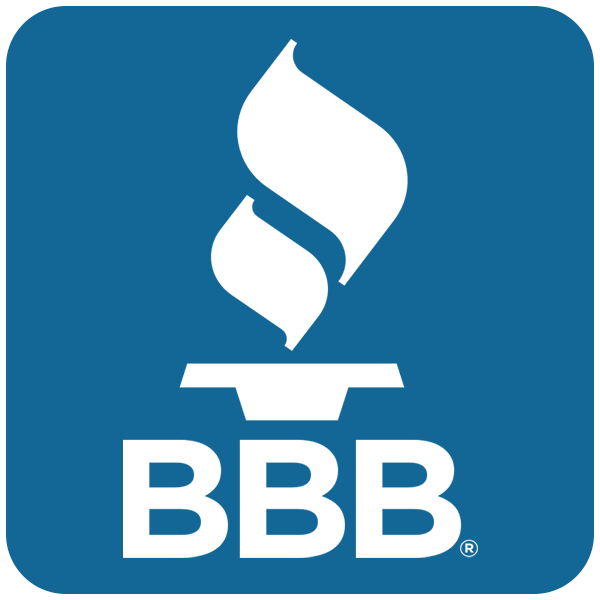
Heating systems should be routinely inspected and cleaned, especially as we approached the coldest time of the year. Most homeowners are already using their heating systems regularly, so make sure that yours is ready to go for the upcoming months. Today we’ll look at what signs to be on the lookout for, how the heating system inspection and cleaning process works, as well as what you can do for your heating system’s health.
Why Have Your Heating System Cleaned
- Efficiency Dropping: Heating systems perform at their best when they are properly cleaned and inspected. Most importantly, you may find that your home is not heating in its entirety or as quickly as you may be used to. This can be alarming, as your home’s temperature may be unable to remain at a comfortable level for extended periods of time. Annual heating system inspections can help keep things running smoothly, allowing you to properly enjoy your system.
- Dust/Dirt Buildup: The buildup of dust and dirt can be disastrous for your home, as your heating system will continue to pump these particles into your home. From furnaces to vents and everything in between, dirt and dust will collect quickly if not properly treated. They can even trigger asthma or allergy attacks, presenting the possibility of harm to residents and visitors alike. Heating systems should be cleaned routinely to prevent this, keeping your loved ones safe and healthy.
- Mold/Mildew Spreading: The buildup of mold and mildew can be common for heating systems (and cooling systems), and they can quickly spread without you ever noticing. Since your heating system is not something you may think about during your personal cleaning process, the buildup of mold can happen quickly and quietly. It is best to have your system routinely inspected, to avoid the dangerous and costly destruction that mold and mildew can present.
What Heating System Inspection Can Do For You
Routine inspections should occur at least once a year, ideally biannually (twice a year). It is important to note that if HVAC systems are left uninspected, it could result in costly damages and extensive repairs – leaving you in the cold. Routine inspections include things like verifying the thermostat is operating, testing vital components, and much more. Servicing can also reveal any faulty parts, things that you may likely miss which could be causing your system to underperform. Ideally, heating system inspections should occur before the start of winter/colder months or at least early on. Untreated systems will gradually lose their effectiveness, reducing their lifespan and causing additional problems further down the line.
Benefits of Going Ductless
With the rising popularity of ductless mini split heating systems, many homeowners do not have to worry about extensive HVAC cleaning routines and many of the associated concerns. While the air filter should be kept clean, especially during regular use, the rest of the system requires minimal maintenance. This type of system is far easier to care for, while also offering a heightened level of efficiency. We still recommend a biannual ductless mini split inspection to ensure things run smoothly, keeping your home properly warm throughout the colder months.
With our thorough heating inspection services, your system will run smoothly. You will also never have to worry about things like dirt, dust, buildup, and much more. Contact the team at Robillard HVAC to learn more about our extensive inspection services today.
Sources Used For Article: This Old House, Angi.com
ROBILLARD HVAC
If you’re looking for spring HVAC maintenance in North Central Massachusetts or South Central New Hampshire, Robillard HVAC is the call to make. Whether you need some basic care, or an entirely new system, we have you covered. Contact Robillard HVAC today and see how we can make your home cooler and safer.
For more information contact:
Robillard HVAC
Servicing North Central MA
& South Central NH
BUSINESS HOURS
7:00AM – 5:00PM
AVAILABLE 24/7 FOR EMERGENCIES
scott@robillardhvac.com
View Our Service Areas



